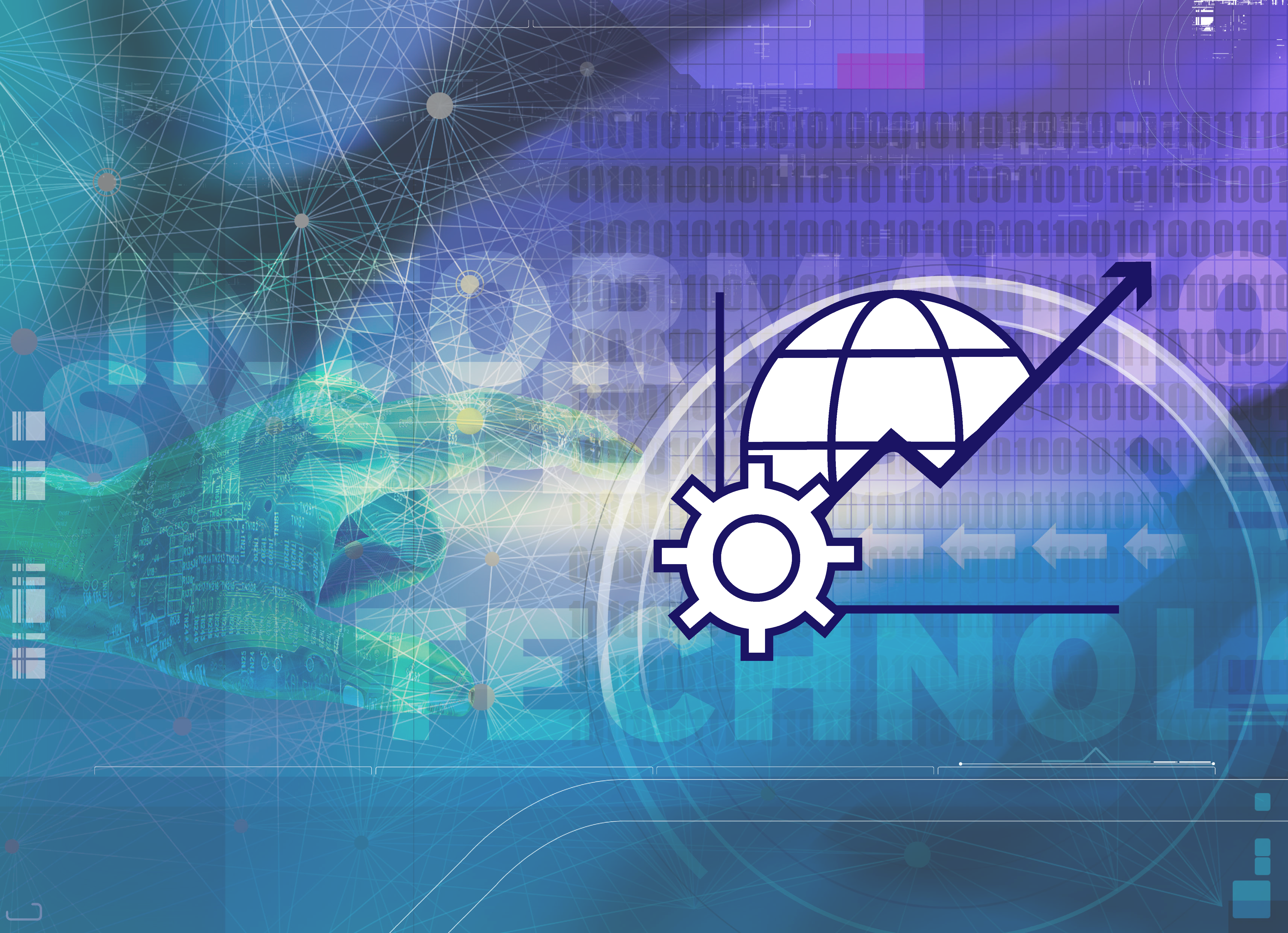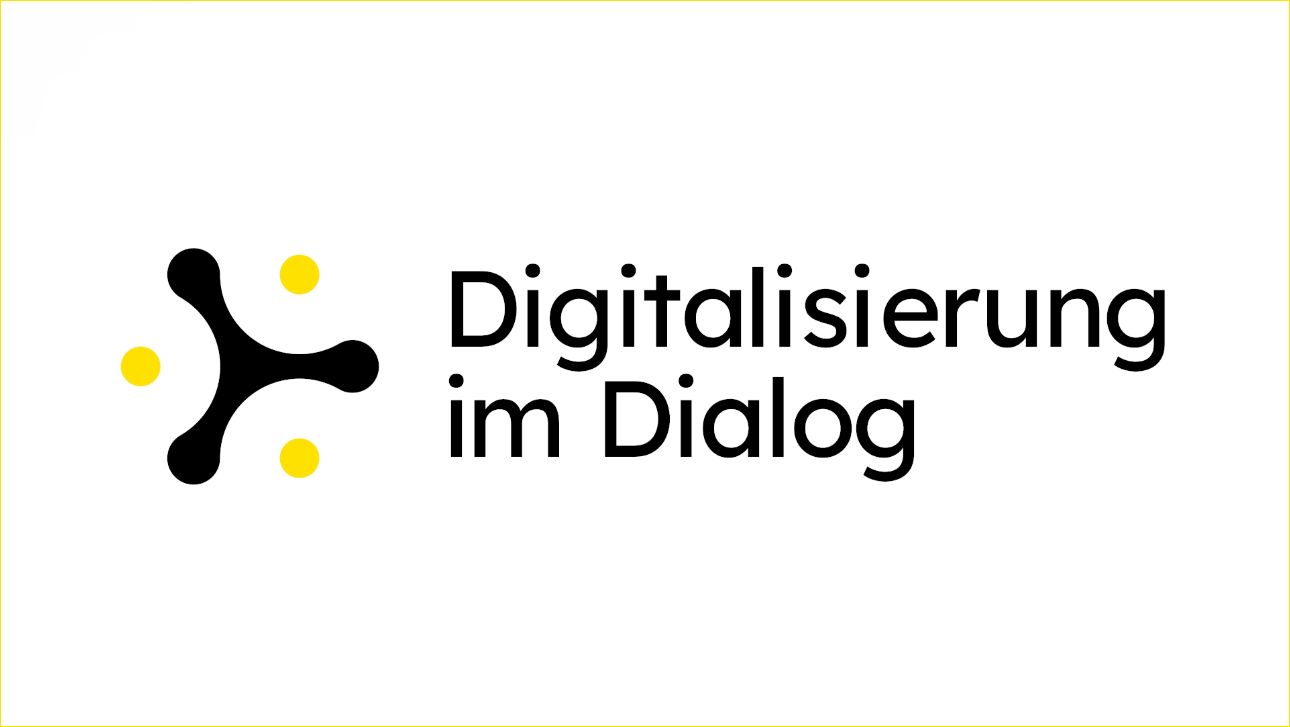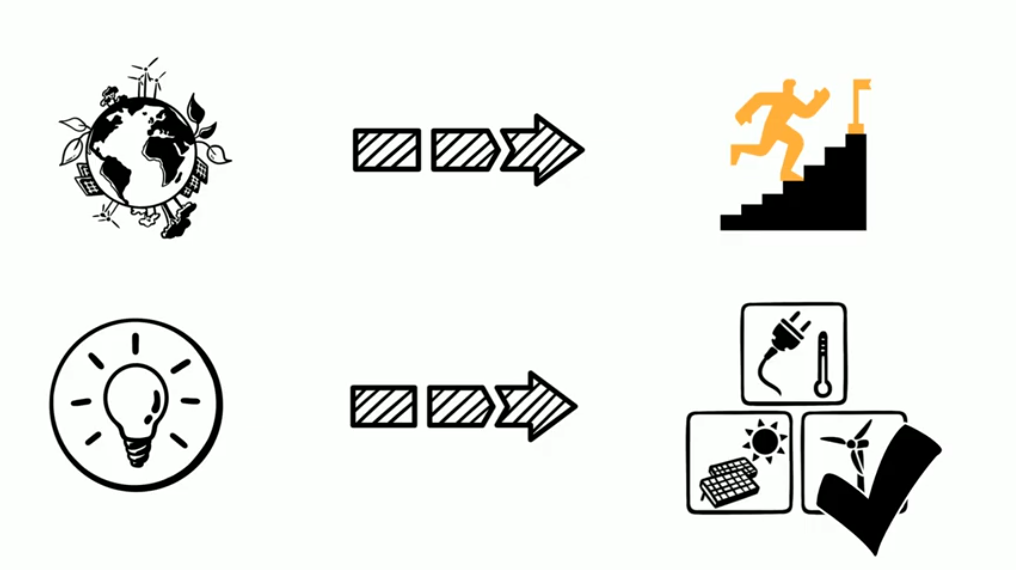For a sustainable digitalization of economy and society, information systems (IS) must be understood and designed from a technical and socio-economic perspective. Information Systems research at KIT follows the mission “we create value from information.” The KIT scientists addressing this topic focus from an interdisciplinary perspective at the interface between computer science, economics, and social sciences on a scientifically grounded understanding and design-oriented construction of information systems. Traditionally, the core focus of the IS field is the digitalization of organizations and business processes following a socio-technical approach. Both new, innovative IT artefacts are developed and their effects on individuals, groups, organizations, and society are investigated using empirical methods from the social sciences. IS research is increasingly focusing on digital ecosystems as a whole. This covers the analysis and design of the digitalization of customer interactions, business networks, of products and services, of business models as well as societal processes. Closely connected to this KCIST topic is the DFG-funded Karlsruhe Decision & Design Lab (KD2Lab), one of the largest and best equipped experimental laboratories in Europe. KIT research within the topic Information Systems and Digital Ecosystems covers a wide spectrum of challenging issues.
These issues can be roughly clustered into three major categories:
Digitalization of organizations and business processes ▼
- Business Process Management: Development and evaluation of methods, modeling languages, and software tools for design and model-based management of business processes.
- Business Intelligence & Business Analytics: Methods and tools to support data-driven decisions as well as the engineering of data marketplaces and data-based services and business models.
- Future of Work: Empirical studies and design of future-oriented digital workplaces (e.g., Computer-supported Cooperative Work) and working conditions, considering the well-being and productivity of employees.
Digitalization of customer interactions, business networks, of products and services, of business models as well as
societal processes ▼
- Digital Participation & Digital Citizen Science: Design of participatory information systems for the active participation of employees and citizens in public and corporate decisions, as well as new methods and tools for digital citizen science.
- Digital Health: Design and real-world piloting of innovative, user-centric applications in healthcare. Analysis of digitalization processes (including personalized medicine, AI-assisted medicine) and their effects.
- Electronic Markets and User Behavior: Analysis and design of digital platforms, as well as investigating and understanding the behavior of their users.
- Digital Service Innovation: Designing and evaluating novel digital services and service business models using digital technologies.
- Smart Grids & Energy Markets: Research with a focus on a decentralized, citizen-friendly and efficient implementation of the energy transition on the basis of future-oriented information systems with methods of energy informatics.
New Technologies & Development Methods for Information Systems and Digital Ecosystems ▼
- Blockchain Technologies: Computer science methods and tools for secure deployment of interoperable distributed ledger technologies in socially relevant use contexts (e.g., sustainability, healthcare).
- Cloud Computing: Design of interoperable and innovative cloud and data ecosystems and development of mechanisms to establish trust in services offered there.
- Interactive Systems Engineering: AI-based methods and tools for the development of interactive (intelligent) information systems with a strong focus on human-computer interaction.
- Neuro-Adaptive Information Systems: Using modern sensors (including EEG, ECG, eye tracking), we process signals from humans and their environment and provide adaptive information systems on this basis.
- Privacy & Security of Information Systems: Design of sociotechnical artifacts for improved and (continuously) tested security of information systems in alignment with users' privacy expectations.
- Usability & User Experience: Methods, techniques and tools (e.g., augmented and virtual reality, conversational agents) for a human-computer interaction with a high usability and positive user experiences.
- Knowledge Graphs for Information Systems to provide data in a FAIR and decentralized manner
- Trustworthy AI-based Information Systems: Design and piloting of socio-technical measures to increase and (continuously) test the trustworthiness of information systems and modern Internet technologies; explainable AI systems (e.g., deep learning systems based on knowledge graphs) to ensure the EU Ethics Guidelines for Trustworthy AI, including human agency and oversight, fairness, and transparency.
Digitalisierung im Dialog is another interdisciplinary project that we are involved in. For more information on the project got to the website of the project.
Smart Microgrids as a Services. One of our projects that we are also very proud of. Watch the video to know what it is about and for more information you can go to the website of the project.




